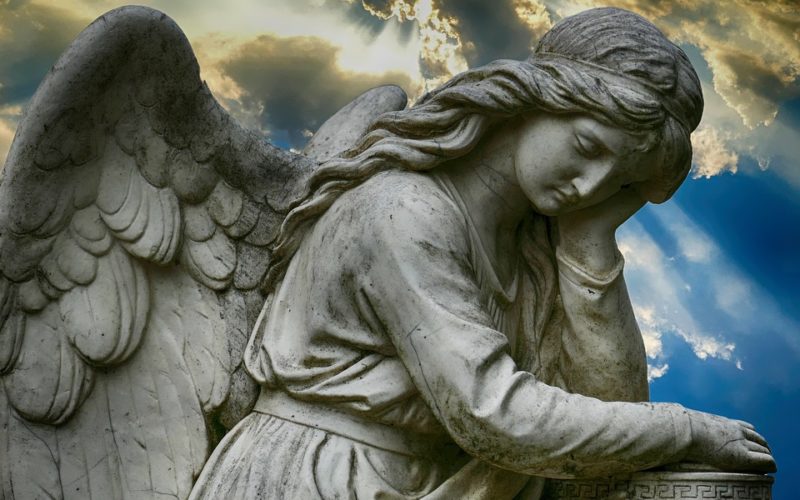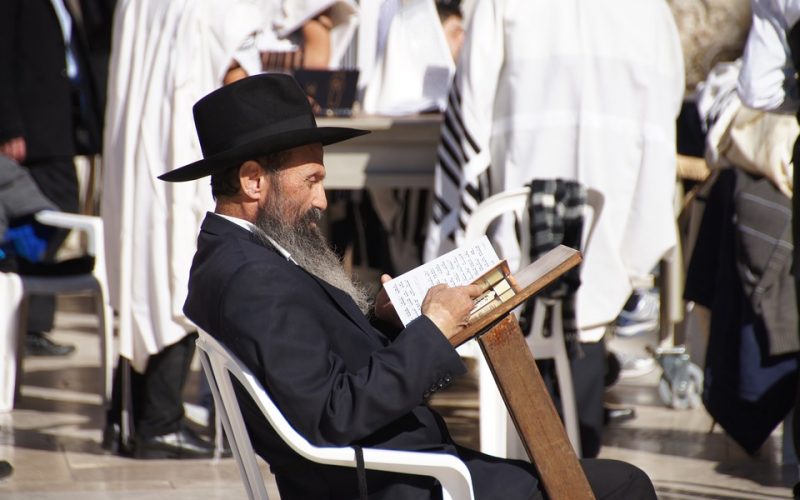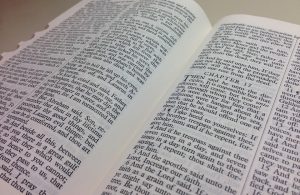While the world has become significantly smaller due to electronic communication, the belief systems of many cultures are still misunderstood. Modern political correctness has a large role in this disconnection between people, and teaching students about other religious beliefs has become an almost taboo subject. For progressive school systems, learning about all aspects of another culture is important. Rather than ignore the religious beliefs of a culture, they give students a chance to understand and explore them as part of the influence that shaped a culture.
Religious beliefs within any culture often preclude teachings of others religions, so studying cultural beliefs can be seen as a way to undermine the culture as well as religion of the student. It is true that younger people tend to find mysterious and unknown factors interesting, but it does not always translate into ignoring or denying their own faith. If taught correctly, it can help them understand and add value to their own cultural and religious beliefs.
Few cultures want to be put under a microscope and studied, and their leaders often feel threatened by those who observe and report on them. Scientists and even writers who make it a habit to look deeply into a culture are seen as a threat, but many of them are not looking to devalue a culture or belief system. They are trying to understand cultural differences, and they want to bring those to light in their own culture.
Studying information about other cultures is often a tricky business for students and those who educate them, so it is important for them to understand judgment should not be part of the equation. What they learn about another culture might not be significant at home, but it should be pointed out that simply respecting differences is what matters the most. If they are taught this attitude as children, they will be able to observe other cultures and respect them as adults.















